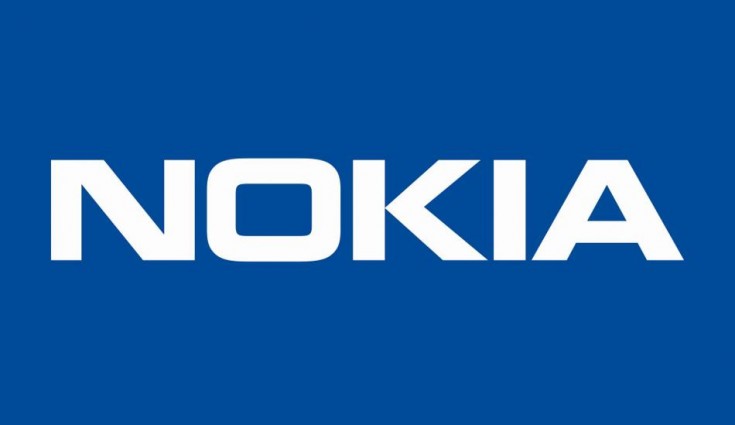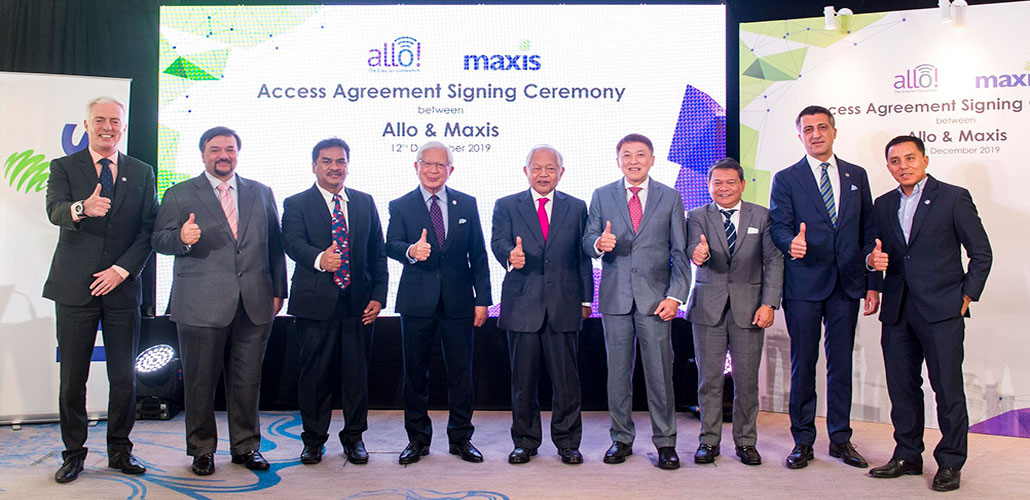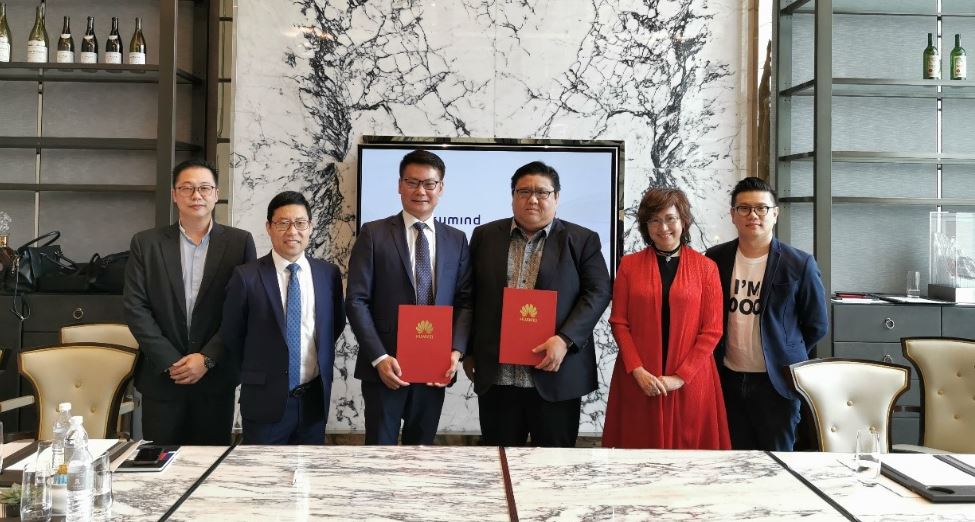Nokia announced this year’s Nokia Bell Labs Prize, the global competition to recognize game-changing innovations that attracted more than 250 applications from 31 countries around the world. The 2019 prize has been awarded to a student and Professor team from the University of California at Berkeley. PhD student Tianshi Wang and Professor Jaijeet Roychowdhury received $100,000 for winning the competition, and the opportunity to pursue an expanded collaboration with Nokia Bell Labs.
The pair won the prize for their work on “A Classic Spin on Quantum Computing.” Their innovation is in a new type of processor element that will be significantly more efficient in computing the answers to discrete optimization problems. Their innovation will complement conventional digital processors (CPUs and GPUs) by efficiently tackling a wide range of computationally hard problems of importance in many diverse areas, including 5G communication systems; complex tasks in planning, scheduling and control; and even the discovery of new drugs.
Marcus Weldon, Nokia Corporate CTO and President of Nokia Bell Labs, said, “The Bell Labs Prize is a unique opportunity for innovators around the world to collaborate with Bell Labs researchers to expand the potential of their innovations. The competition is highly competitive, reducing more than 250 applicants to 5 finalists, who must convince their Bell Labs mentors and the judging panel that their innovation has the potential to change the world. This year’s winners have certainly met that criteria, by pioneering a new processor technology that will allow a large set of complex optimization problems to be solved with unprecedented efficiency and at low cost. It is truly impressive work and we will be closely collaborating with the team to help them realize this potential.”
The 2019 Nokia Bell Labs Prize competition was launched in April. Proposals were reviewed by Nokia Bell Labs researchers and evaluated based on three criteria, including whether the idea has a “10X innovation potential” to change the world; the proposal’s technical merit; and the overall feasibility of the proposed idea.
The proposals were narrowed down to a select group of outstanding candidates who were given the opportunity to partner with Nokia Bell Labs experts to help expand the impact of their proposals. Five finalists were invited to the final judging event held this week at Nokia Bell Labs headquarters in Murray Hill, N.J. The judging panel was comprised of Weldon, Nobel Laureate Robert Wilson, world-renowned computer scientist and Bell Labs alum Al Aho, as well as previous Nokia Bell Labs Prize winners Samory Kpotufe (2018) and Kaushik Sengupta (2017).
Second place and $50,000 went to Dr. Sheng Xu, Assistant Professor in the Department of Nanoengineering at University of California at San Diego for his submission, “There is plenty of room under the skin: A wearable’s perspective.” His team have developed an easy-to-use ultrasonic patch that can provide noninvasive, continuous and unobtrusive monitoring of deep tissues. This innovation will not only impact consumers, who will have access to data on their hearts, lungs, livers, and GI tracts, but also healthcare systems allowing non-invasive continuous patient monitoring and ultrasonic imaging.
Third place and $25,000 were presented to Maximilian Arnold, Sebastian Cammerer, Sebastian Dörner, Stephan ten Brink of Stuttgart University in Germany for their innovative work on “Leveraging 5G Infrastructure for a Robust Positioning System.” Their indoor positioning system uses existing wireless communications networks to determine location which will allow ubiquitous, low cost tracking of all things, with simpler calibration than existing systems, and therefore has the potential to become a foundational part of the next industrial revolution.












